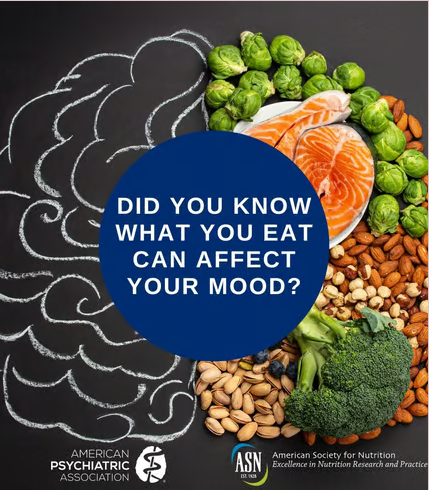Nutrition Psychiatry

This timeless wisdom was one of the earliest lessons I learned from my father. I still remember the excitement when he brought home his first juicer—a small but powerful symbol of our family’s growing interest in health and well-being. His influence deeply shaped my own values and ultimately led me to pursue a major in Nutrition.
Today, as a psychiatrist, I integrate this foundation into my clinical practice. Nutrition isn’t just about physical health—it’s a key player in emotional and mental well-being too. According to the World Health Organization (2024), certain dietary patterns can significantly reduce the risk of chronic conditions such as obesity, stroke, and diabetes—all of which are linked to mental health challenges like anxiety and depression.
This is where Nutrition Psychiatry comes in—an emerging field backed by growing research that shows how food directly affects brain function, neurotransmitters, inflammation, and ultimately, our mood. It’s no longer just about what’s on your plate, but how your plate affects your state of mind.
What to Expect
Health Assessment – A complete review of your medical and mental health background.
Dietary Evaluation – Analyzing your current eating habits and identifying any nutritional gaps.
Personalized Nutrition Plan – Recommending foods and supplements that support brain health and emotional balance.
Food-Mood Connection – Understanding how specific foods impact mood, energy levels, and overall well-being.